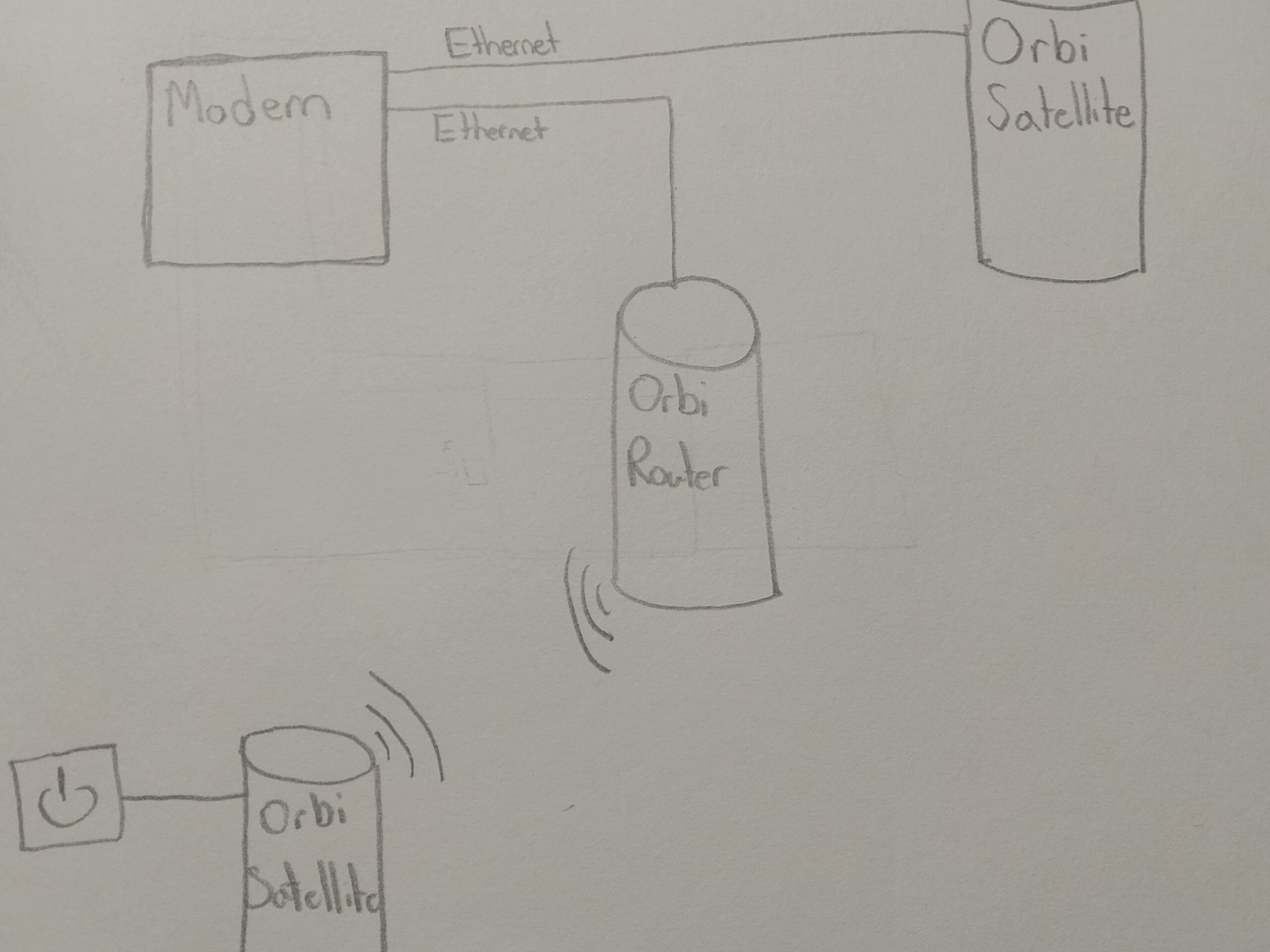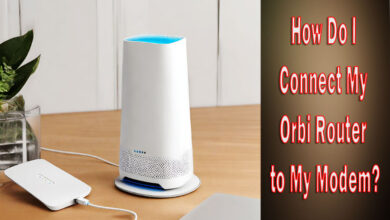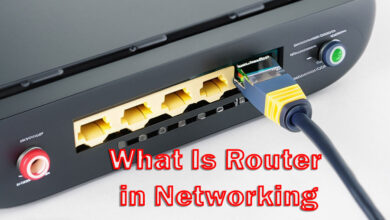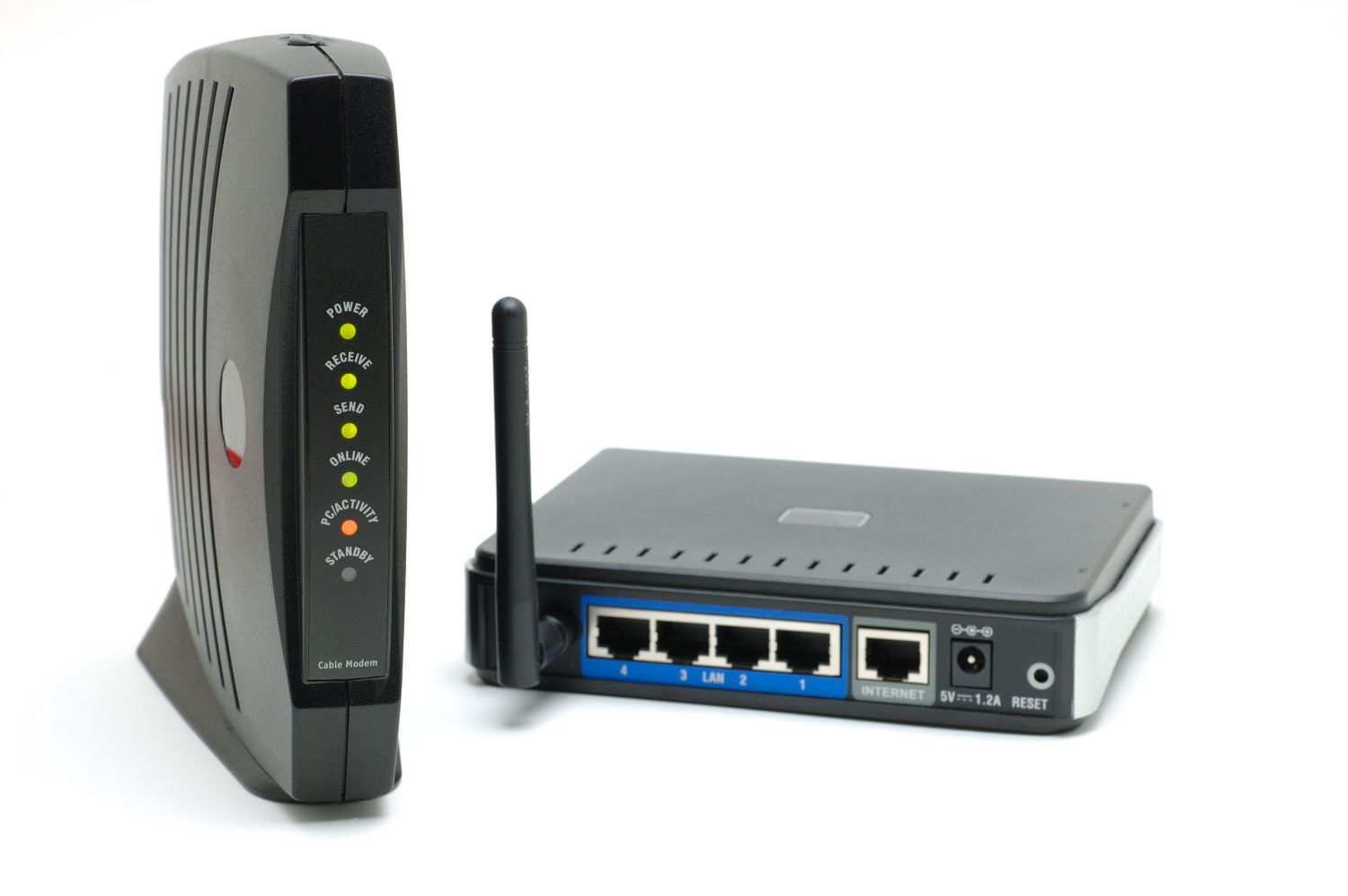Orbi Ethernet Backhaul Vs Wireless: Which is Better?

With fewer network interferences, Ethernet backhaul ensures smooth performance and stability, especially for tasks that require high performance. On the other hand, wireless backhaul may experience interruptions and slow down under heavy load. While wireless backhaul can be a practical option in certain situations where running a long Ethernet cable is impractical, Ethernet backhaul is generally preferred for optimal performance.

Credit: dongknows.com
What Is Ethernet Backhaul In Orbi?
An Ethernet backhaul in Orbi is a feature that allows the units to be connected with an Ethernet cable, creating a wired connection between them. This connection enables the transmission of data between the units through the Ethernet cable, which provides a more stable and faster connection compared to Wi-Fi. Ethernet backhaul offers numerous benefits, such as a reliable connection with fewer network interferences and smoother performance for tasks that require high performance and stability. It is especially useful when it’s not practical to run a long Ethernet cable back to the router. Overall, Ethernet backhaul is preferred over wireless when possible due to its reliability and improved performance.
Wireless Backhaul In Orbi
Exploring the concept of Wireless Backhaul in OrbiOrbi offers a wireless backhaul feature that allows the satellite to connect wirelessly to the router or another satellite. However, it is important to understand the limitations of wireless backhaul. While it provides convenience and flexibility, it may not offer the same stability and speed as an Ethernet backhaul. Using a wireless backhaul can result in potential interruptions and network interferences, which may affect the overall performance. On the other hand, Ethernet backhaul provides a more stable and reliable connection with minimal interruptions or maintenance breaks. It offers faster data transmission and fewer network interferences, making it ideal for those seeking optimal performance. When considering the use of wireless backhaul in Orbi, it is essential to weigh the pros and cons. The convenience and flexibility of wireless connectivity may be beneficial in certain scenarios, but for those who prioritize stability and speed, Ethernet backhaul is the preferred option. It allows for a smoother workflow and a more reliable connection, particularly in situations where a wired connection is necessary but impractical to implement. |
Comparing Ethernet Backhaul And Wireless Backhaul In Orbi
Performance differences between Ethernet Backhaul and Wireless Backhaul:
When comparing Ethernet Backhaul and Wireless Backhaul in Orbi, there are several factors to consider. Ethernet Backhaul provides a wired connection between the Orbi units using an Ethernet cable. This results in a more stable and faster connection compared to Wi-Fi. On the other hand, Wireless Backhaul utilizes a wireless connection between the Orbi router and satellite(s). While convenient, the performance may be affected by network interferences.
Factors to consider when choosing between Ethernet and Wireless Backhaul:
- Stability: Ethernet Backhaul offers a reliable connection with fewer interruptions or maintenance breaks.
- Performance: Ethernet Backhaul provides faster speeds and lower latency compared to Wireless Backhaul.
- Convenience: Wireless Backhaul eliminates the need for physical Ethernet cables.
- Interference: Wireless Backhaul may experience slowdowns under heavy network load or due to external interferences.
It’s important to evaluate your specific network requirements and environment to determine which backhaul method suits your needs best.
Case studies and real-life examples of Ethernet Backhaul vs. Wireless Backhaul in Orbi:
Real-world examples of Ethernet Backhaul and Wireless Backhaul in Orbi can provide valuable insights into their performance. Users have reported that Ethernet Backhaul offers better stability and higher speeds for activities such as streaming, gaming, and large file transfers. However, Wireless Backhaul can be a convenient option for areas where running Ethernet cables is impractical.
Ultimately, choosing between Ethernet Backhaul and Wireless Backhaul depends on your specific networking needs and the trade-offs you are willing to make. Consider factors such as stability, performance, convenience, and potential interferences when making your decision.
Frequently Asked Questions Of Orbi Ethernet Backhaul vs. Wireless
Is Ethernet Backhaul Better Than Wifi Backhaul?
Ethernet backhaul is better than WiFi backhaul because it provides a more stable and faster connection. With Ethernet, data transmission between devices is done through a wired connection, resulting in fewer interruptions and a smoother workflow. Wireless backhaul, on the other hand, can experience interruptions and slower speeds under heavy loads.
Is Orbi Backhaul Wired Or Wireless?
The Orbi backhaul can be wired or wireless. The satellite automatically connects wirelessly to the router or another satellite for a wireless backhaul. Alternatively, you can use an Ethernet cable to connect the satellite to the router or another satellite for a wired backhaul connection.
Does Ethernet Backhaul Make A Difference?
Ethernet backhaul provides a more stable and faster connection compared to wireless backhaul. It ensures a reliable connection with fewer interruptions and network interferences. Using an Ethernet cable for backhaul can result in smoother work and better performance. Connecting devices to Ethernet ports on Orbi satellites also provides improved performance and stability.
Is It Better To Connect Orbi Satellite With Ethernet?
Connecting Orbi Satellite with Ethernet is recommended for better performance and stability, especially when it’s not practical to run a long Ethernet cable to the Orbi router. Wired backhaul provides a more reliable connection with fewer interruptions or maintenance breaks compared to wireless.
Conclusion
Overall, when comparing Orbi Ethernet backhaul vs. wireless, it is clear that Ethernet backhaul provides a more stable and faster connection. With Ethernet backhaul, data is transmitted through a wired connection, resulting in fewer interruptions and network interferences. On the other hand, wireless backhauls may suffer from reliability issues and slower speeds under heavy loads.
If you require the performance and stability of a wired connection, Ethernet backhaul is the preferred option.



